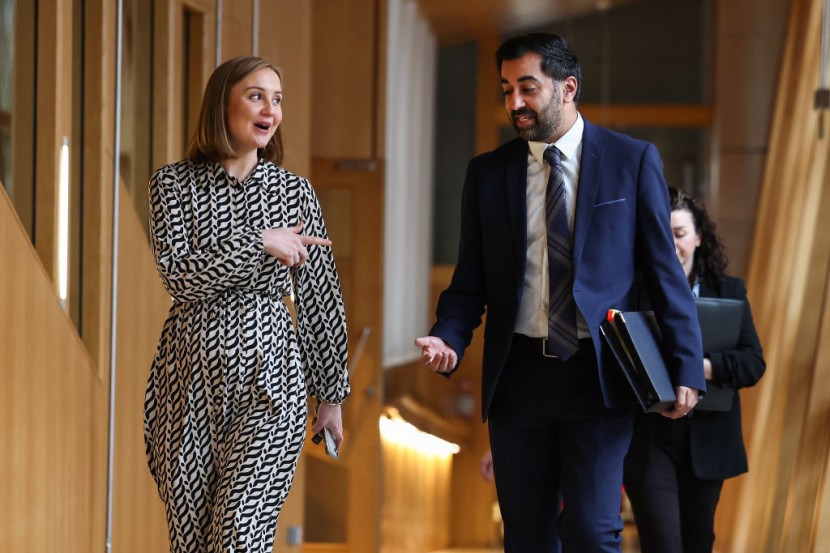
The Scottish National Party (SNP), the ruling government in the United Kingdom's constituent country, Scotland, has ended its coalition with the Scottish arm of the Green Party.
According to British media, Scottish First Minister Humza Yousaf convened ministers of his coalition government to Bute House, the official residence of the Scottish First Minister in Edinburgh, in an unprecedented emergency meeting Thursday (Apr. 25).
The meeting ended with Scottish Greens co-leaders Lorna Slater and Patrick Harvie walking out before it began.
Prior to Thursday, Slater and Harvie had been part of the coalition cabinet and told the BBC upon leaving Bute House that the SNP "sold out future generations."
The move came after the Scottish government decided to scrap key climate targets, especially after Scottish Energy Secretary Mairi McAllan said that Scotland's 2030 net-zero target was out of reach.
It also followed its response to a gender services review after NHS Scotland paused its prescription of puberty blockers to under-18s in the aftermath of the Cass Review.
"The Bute House Agreement was intended to provide stability to the Scottish Government and it has made possible a number of achievements," Yousaf said in a press conference in Bute House, referring to the power-sharing deal the SNP once had with the Greens.
"But it has served its purpose. It is no longer guaranteeing a stable arrangement in parliament. The events of recent days have made that clear."
With the Scottish Greens no longer in government and with plans last week for the party's MPs to vote on whether it should remain in power, it is understood that the SNP would now form a minority government.
Harvie has said that he would quit as co-leader if the Greens voted to end the coalition with the SNP, while Slater said she was confident they would have supported the Greens staying in the coalition.
Since then, Slater has accused the SNP of "political cowardice."
"Neither they nor SNP members will have that opportunity," she said. "Instead, the most reactionary and backwards-looking forces within the first minister's party have forced him to do the opposite of what he himself had said was in Scotland's best interests."
The Scottish Parliament in Holyrood has 129 parliamentary seats, with the SNP holding 63, the Scottish Conservatives holding 31, Scottish Labour holding 22, the Scottish Greens holding seven, and the six remaining seats being crossbenchers.
© 2025 HNGN, All rights reserved. Do not reproduce without permission.








